Accessing dental care through the NHS may seem overwhelming, but once you understand the services available and how to register, it’s much simpler. Whether you’re looking for a routine check-up, need urgent care, or have specific accessibility needs, NHS dental services can meet your requirements. This guide walks you through finding NHS dentists, understanding available treatments, costs, and how to access emergency services. It also includes helpful tips for people with additional needs, providing clear steps for registering and managing your dental health under the NHS system. Let’s explore how to find the care you need.
How to Find an NHS Dentist
Finding an NHS dentist doesn’t require being registered, but finding one accepting NHS patients is crucial for dental care in Dumfries. Use the NHS service finder online to locate a dentist near you that is currently accepting new patients. You can also contact your local dental helpline for guidance on available practices. NHS availability can change quickly, so it’s recommended to act fast when appointments open up. If you’re unsure, contacting local health boards directly can help you navigate the process. It’s essential to ensure the dentist offers dental care in Dumfries to avoid unexpected costs or having to switch to private care later on.
How Much is a Tooth Extraction NHS?
Registering with an NHS Dentist
To receive ongoing care under the NHS, you must first register with a dental practice. Contact the practice directly to ask if they are accepting new NHS patients. After confirming, you’ll be registered with the practice, and you’ll be entitled to the full range of NHS dental services. If you’re a new patient, you will be scheduled for a check-up to assess your dental health. Registration ensures that you can access routine care such as fillings, extractions, and check-ups. For children, pregnant women, or those receiving certain benefits, treatment may be free, reducing your financial burden.
What If You Can’t Get an NHS Dental Appointment?
If you find that NHS dental appointments are unavailable, don’t worry. Many health boards have waiting lists, and practices will often put you on one as soon as space opens up. Alternatively, private dental care can offer faster access, though at a cost. If you prefer not to go private, contact your local NHS health board for further options. They may be able to suggest nearby NHS practices or offer advice on accessing urgent care. It’s crucial to stay in touch with your local dental health team, especially if you require ongoing or emergency dental treatment.
Dental Treatment for People with Additional Needs
The Community Dental Service is an essential part of NHS dental care for individuals with additional needs. This service caters to patients with physical disabilities, learning difficulties, or complex medical conditions. The goal is to provide equitable access to dental care in a supportive, comfortable environment. Dental professionals in this field are specially trained to work with patients who may need additional assistance. If you have specific dental requirements, contact your local health board for a referral to the Community Dental Service. This ensures you receive the best care, with flexible appointment scheduling and patient-centric services.
Emergency Dental Appointments
Dental emergencies can occur at any time. If you experience tooth pain, swelling, trauma, or bleeding, it’s vital to seek immediate attention. Contact your dentist as soon as possible. If your dentist isn’t available or is outside of office hours, NHS 24 can guide you to the nearest emergency dental care facility. Emergency services are available for urgent issues such as severe pain, knocked-out teeth, or infections. Receiving timely care is important to prevent complications. Whether you need a same-day appointment or out-of-hours care, NHS emergency services ensure that you get the help you need to manage dental distress effectively.
What Dental Services Can You Access?
NHS dental services cover a wide range of treatments designed to maintain oral health. These include routine check-ups, fillings, crowns, dentures, and root canals. However, cosmetic treatments like teeth whitening, veneers, or smile makeovers are not typically covered unless there’s a medical necessity. Preventive care such as fluoride treatments, scaling, and cleaning are also available. It’s essential to discuss your treatment options with your dentist to understand what’s included under NHS care. If you need cosmetic procedures, private treatment might be a viable option. NHS dental care is focused on addressing health-related dental issues at an affordable price.
Can I Get My Teeth Done Through the NHS?
Costs of NHS Dental Treatment
NHS dental treatment is generally more affordable than private care, but costs vary depending on the treatment type. NHS treatment is divided into bands, with Band 1 covering exams and preventive advice, Band 2 including fillings and extractions, and Band 3 covering more complex treatments like crowns and dentures. Adults typically pay 80% of the treatment costs, up to a set maximum. Children, pregnant women, and those on specific benefits may qualify for free NHS dental care. If you’re concerned about costs, be sure to ask about available discounts, exemptions, or payment plans before undergoing treatment.
Commenting on Dental Services
Your feedback is important for improving NHS dental services. If you have positive comments or suggestions for improvement, share them with your dentist or contact your local NHS Patient Services team. They welcome all feedback, whether positive or constructive. Providing feedback allows the service to make necessary adjustments to improve patient care. Many NHS clinics also conduct patient satisfaction surveys to ensure they meet the community’s needs. If you have any concerns about the service or treatment received, it’s crucial to express them promptly to allow for quick resolution and improvement in the service provided.
Accessibility Resources
Patients with hearing impairments can access interpreter services through For general accessibility information, NHS websites provide statements outlining their commitment to ensuring everyone can access the services they need. Dental practices also offer various accommodations for individuals with disabilities, including wheelchair access, trained staff, and alternative appointment formats. Make sure to inform your practice of any special requirements you may have ahead of time so they can best accommodate your needs. This ensures you receive the most effective and comfortable dental care experience.
Can a NHS dentist refuse a root canal?
Find Services Near You
To find dental services near you, visit the NHS website and use their “Find services near me” feature. This tool allows you to locate available dental practices, emergency care centres, and specialist services in your local area. The NHS website provides up-to-date information on the closest available resources and helps you schedule appointments accordingly. It’s a convenient way to ensure you’re receiving the best care close to home. Regularly checking the NHS website is a great way to stay informed about new services or updates in your area, making it easier to find dental care when needed.
Ready to Book Your Appointment at Lochside Dental Dumfries?
If you’re looking for reliable and accessible dental care in , Lochside Dental Dumfries is here to help! Call us today to schedule your appointment, or visit our website for more information. Let us take care of your smile!
Frequently Asked Question
How do I find an NHS dentist accepting new patients?
Check the NHS Service Finder online or contact your local health board for assistance.
What shounld I do if I need urgent dental care?
Contact your regular dentist. If unavailable, call NHS 24 on 111 for guidance on the nearest emergency dental clinic.
Are NHS dental treatments free?
Certain groups, such as children, pregnant women, or those on low incomes, may receive free NHS treatment. Standard NHS charges apply to others.
Can I access a dentist if I have additional needs?
Yes, the Community Dental Service provides care for patients with additional needs. Contact your local NHS board for a referral.
How can I provide feedback on my dental experience?
You can speak directly with your dentist or contact NHS Patient Services to share feedback, whether positive or for concerns.

